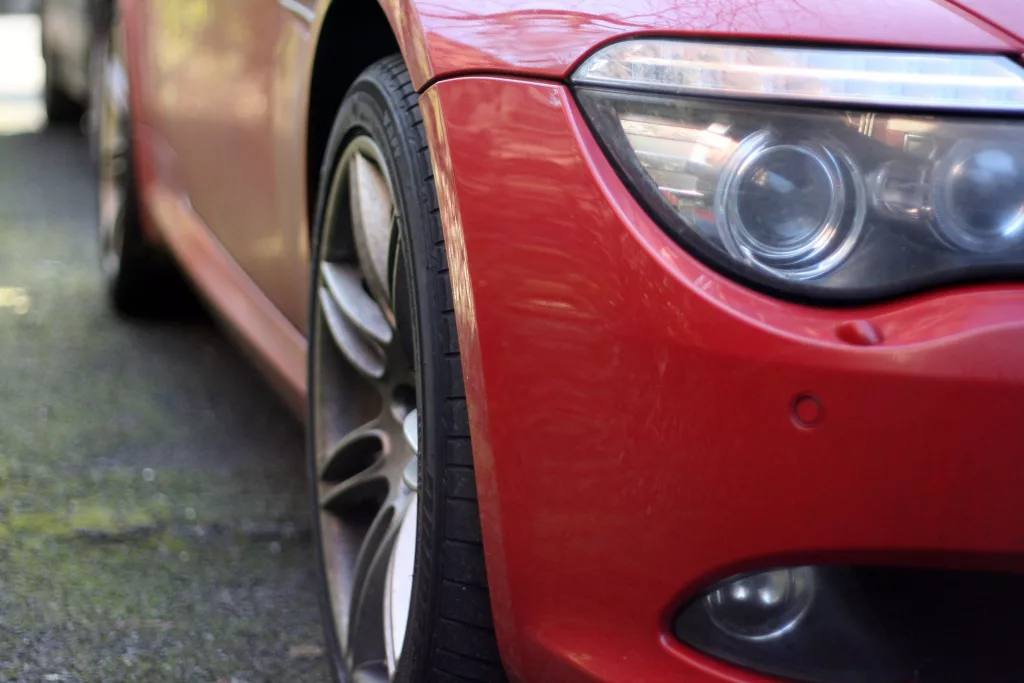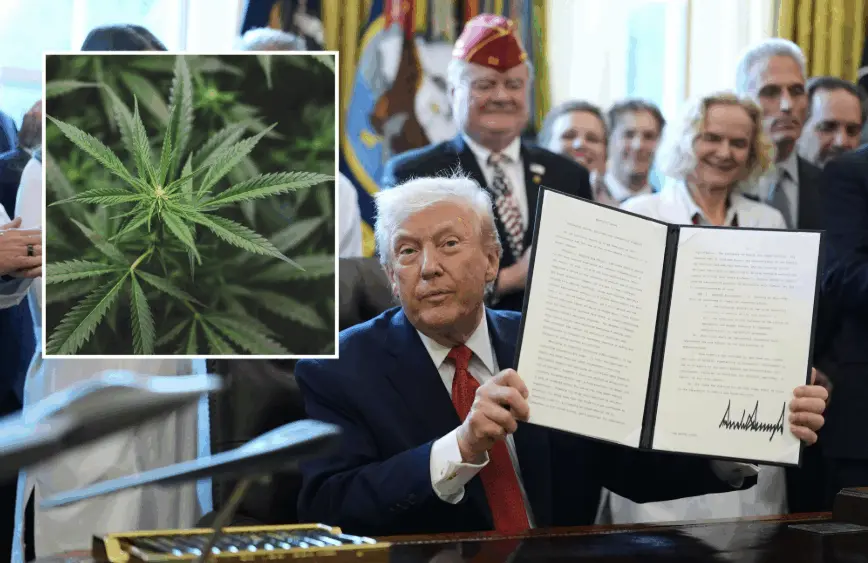Washington, D.C. – Senate Finance Committee Chair Ron Wyden, D-Ore., revealed major gaps in automakers’ oversight of forced labor in their supply chains—including two companies that shipped cars or parts to the United States this year that were made with parts from a banned Chinese supplier—as part of a two-year Democratic staff investigation released today.
“Automakers are sticking their heads in the sand and then swearing they can’t find any forced labor in their supply chains,” Wyden said. “Somehow, the Finance Committee’s oversight staff uncovered what multi-billion-dollar companies apparently could not: that BMW imported cars, Jaguar Land Rover imported parts, and VW AG manufactured cars that all included components made by a supplier banned for using Uyghur forced labor. Automakers’ self-policing is clearly not doing the job. I’m calling on Customs and Border Protection to take a number of specific steps to supercharge enforcement and crack down on companies that fuel the shameful use of forced labor in China.”
The full report, “Insufficient Diligence: Car Makers Complicit with CCP Forced Labor,” is available here.
Importing goods made with forced labor to the United States has been illegal since the 1930s. Recognizing the systematic, government-sanctioned use of forced labor in the Xinjiang region of China, the Uyghur Forced Labor Prevention Act (UFLPA) in 2021 strengthened enforcement of the law with respect to facilities in Xinjiang and other entities identified as having been complicit in China’s forced labor scheme.
Despite those laws, automakers have been slow to adequately watchdog their supply chains to ensure parts originating in Xinjiang and other identified entities are not used in cars and trucks imported to the United States, the staff report found. In January 2024, Volkswagen disclosed that a shipment of its vehicles intended for the U.S. market included parts made with a supplier banned by the U.S. government under UFLPA.
While the Volkswagen disclosure became public earlier this year, committee staff discovered that BMW imported thousands of vehicles intended for the United States that included parts banned under UFLPA. Interviews and documents obtained by committee staff show that Bourns, Inc., a California-based auto supplier, had sourced components from Sichuan Jingweida Technology Group Co., Ltd. (JWD), a company added to the UFLPA Entity List in December 2023, and whose goods are presumed to be made with forced labor. Bourns, in turn, provided those parts to Lear Corp., a direct supplier for BMW and Jaguar Land Rover. Bourns notified Lear on January 3, 2024 that electronic components known as LAN transformers had been produced by JWD, and thus were prohibited in vehicles being shipped to the United States.
On January 11, Lear sent letters to BMW, Jaguar Land Rover, Volvo and VW AG informing them of the banned components. Despite that notification, in April 2024, after the committee explicitly asked both companies whether they ever “directly or indirectly sourced parts from JWD,” Jaguar Land Rover claimed to be unaware of its links to the manufacturer listed on the UFLPA Entity List, and BMW informed the committee that JWD was not on their “supplier list.” However, after repeated questions from the committee, BMW disclosed that at least 8,000 Mini Cooper cars containing JWD components had been shipped to the United States.
“In fact, BMW continued to import products manufactured by JWD until at least April 2024 and appears to have stopped only after the committee repeatedly asked detailed questions to Lear and Lear’s OEM customers, including BMW, about their relationship with JWD,” the report says. “BMW has informed the Committee that it voluntarily disclosed to CBP that shipments of vehicles and spare parts that entered the US market after December 11, 2023 included a LAN transformer produced by JWD.”
The staff report recommends the Department of Homeland Security (DHS) and Customs and Border Protection take a number of actions to strengthen enforcement of the forced labor ban in auto supply chains, including:
- Speeding up work by the DHS Forced Labor Enforcement Task Force to identify facilities in Xinjiang using forced labor and to add them to the UFLPA Entity List;
- Updating the list of high-priority sectors for UFLPA enforcement;
- Improving information-sharing regarding enforcement of UFLPA; and
- Providing clearer direction about what kinds of audits are necessary to detect forced labor in supply chains and comply with federal laws.





